Aunties take Yes battler Thomas Mayo under their wing
Aboriginal grandmothers from Sydney’s west have formed an alliance with the nation’s highest-profile union activist – the Yes campaigner labelled a communist, Thomas Mayo.
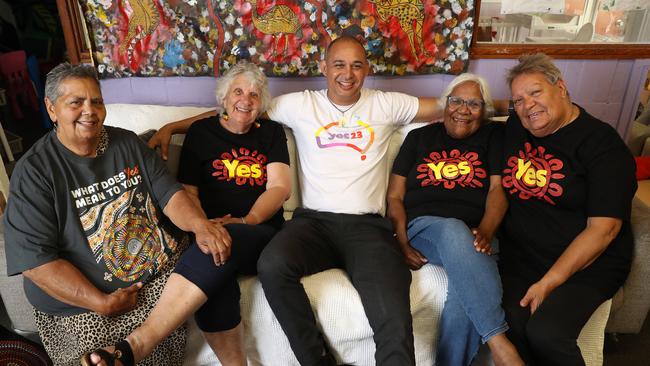
Aboriginal grandmothers from Sydney’s west have formed an alliance with the nation’s highest-profile union activist – the Yes campaigner labelled a communist, Thomas Mayo.
“He’s part of the furniture actually,” says Elaine Gordon, 75.
Kathy Donnelly, 66, adds: “We take him under our wing, help and support him. He’s the kindest person and he wants to do right for his people, that’s his main thing.”
Mr Mayo, 46, entered the orbit of the women who call themselves “western suburbs aunties” when it became clear they shared the same goal of a successful voice referendum. He is from Darwin and a generation younger but they struck up a rapport that seems to have worked while campaigning.
Ms Donnelly and Ms Gordon have been particularly successful in presentations to multicultural community groups.
“Australians have such big hearts and we live in God’s country – I am very proud of how welcoming we are. It’s all those different Australians from multicultural backgrounds. I think they could possibly be the ones that get us over the line,” Ms Donnelly says.
“We’ve been out to multiple places campaigning, and the response has been so respectful and supportive. We were in an elite area about four weeks ago – we spoke to Indian Australians at Baulkham Hills – and they were all very gracious in listening to our stories. They have jumped on board to support us.”
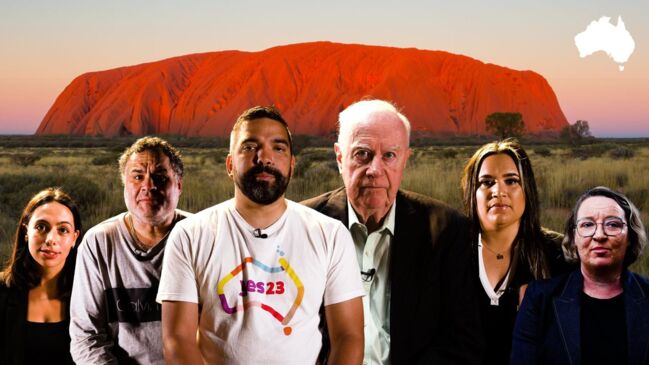
Mr Mayo describes the women as “incredible diplomats” whose experience is their strength.
Ms Gordon was 19 years old with a baby when the 1967 referendum was held. She says she may not have voted if not for her mother, who raised her and her seven siblings to understand that it was very important to be enrolled and to participate in the democratic life of the nation.
She says her mother never got to see the progress so many Indigenous people have made. She raised her children in tiny picker’s huts on the Murray River.
“She never lived in a real house. Never had running water,” Ms Gordon says.
However, Ms Gordon, a retired health worker, adds there is still so much more to do. She has seen the disparity between Indigenous and non-Indigenous people in her years treating Aboriginal people with preventable disease.
“We need more people to understand that we have to look after our own people,” she says. “We let the government look after us long enough. We are still dying younger and our education is still not as high as it could be.
“Let us have a go at looking after ourselves.”
Ms Donnelly works for Christian not-for-profit Wesley Mission and says it is not well understood that many Aboriginal people live with the legacy of trauma that has run through their families for generations.
She says that as a nine-year-old, her mother was put to work as a domestic and was routinely abused by male adults. It caused her lifelong health problems.
“Mum never spoke about it,” Ms Donnelly says.
“When I found out about it, it was a shock but it explained a lot about her.”
Earlier this year, Mr Mayo looked like the greatest gift to the campaign against an Indigenous voice to parliament. One particularly potent attack advertisement showed him uttering the word reparations and then, separately, the term “pay the rent”.
He told The Australian the recordings, made before Labor was elected or committed to a referendum, do not reflect what he thinks the voice should do or is even capable of.
“It is not something that I have ever campaigned for and it is not something that I have ever wanted to pursue,” he adds.


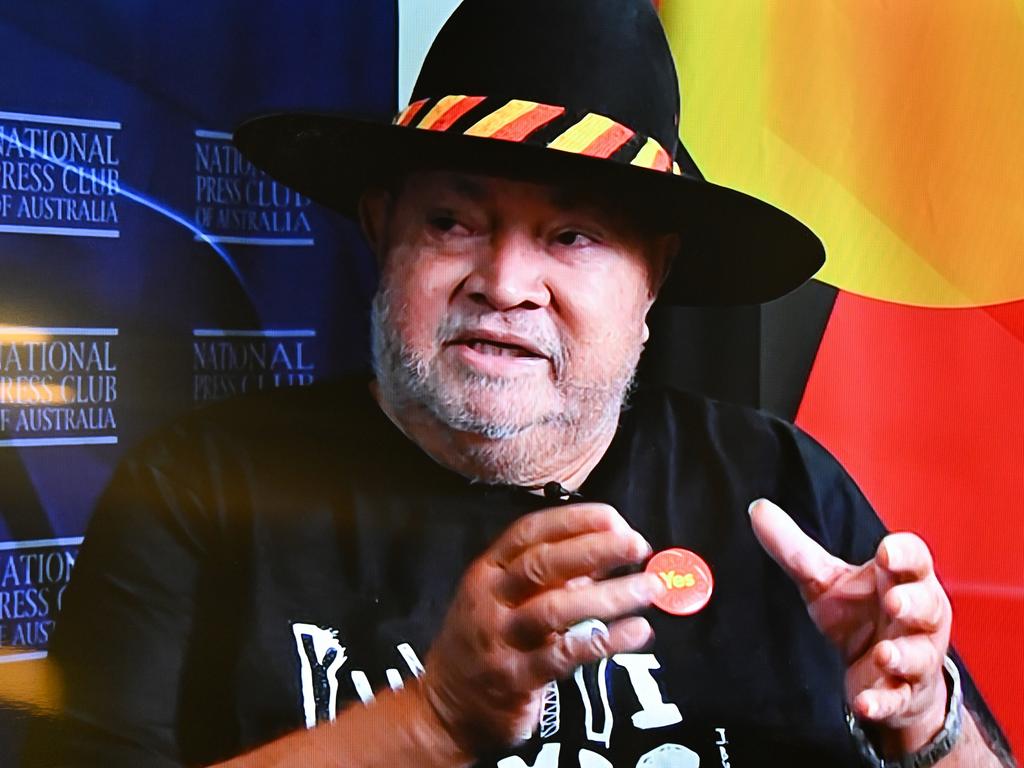
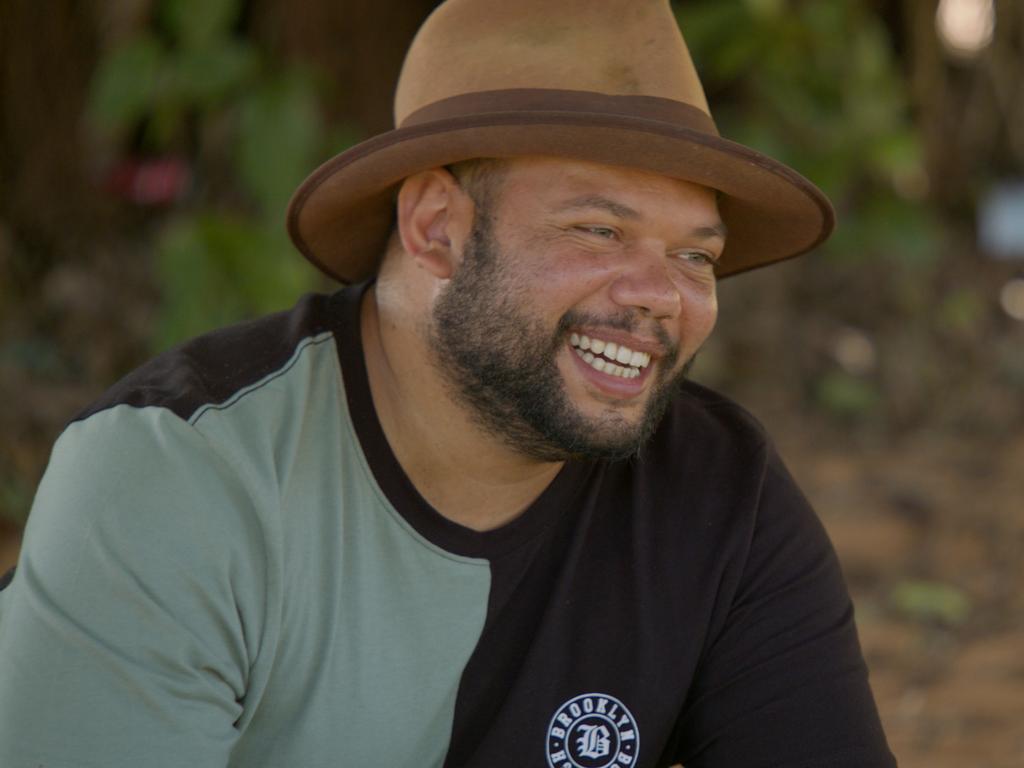
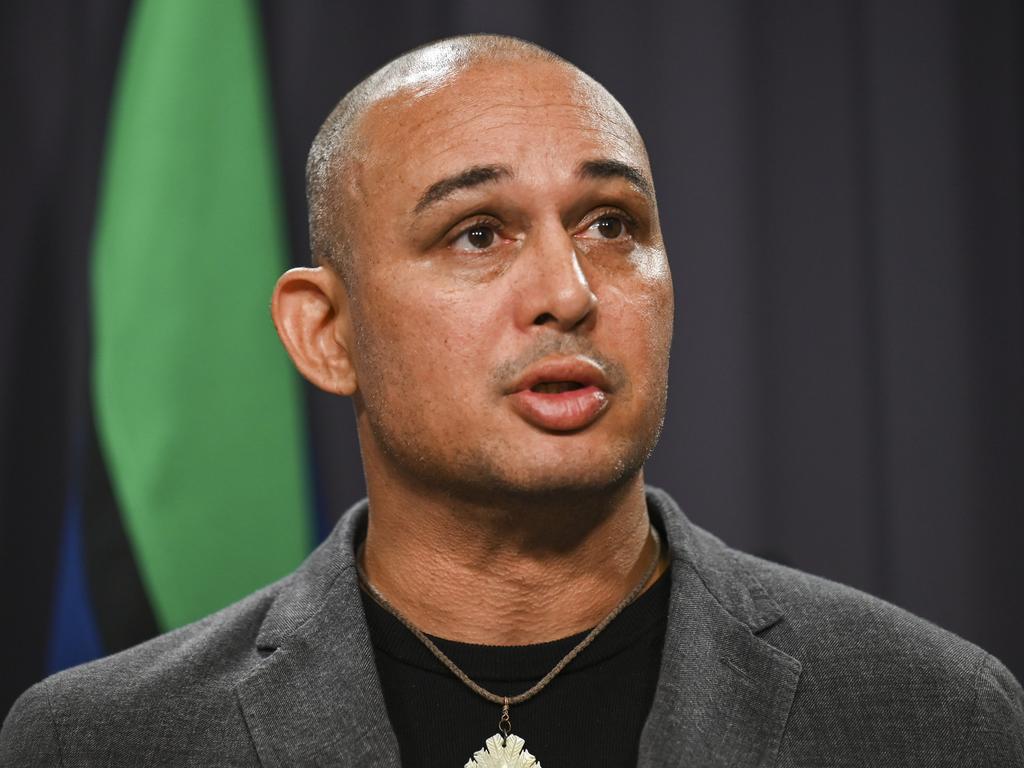
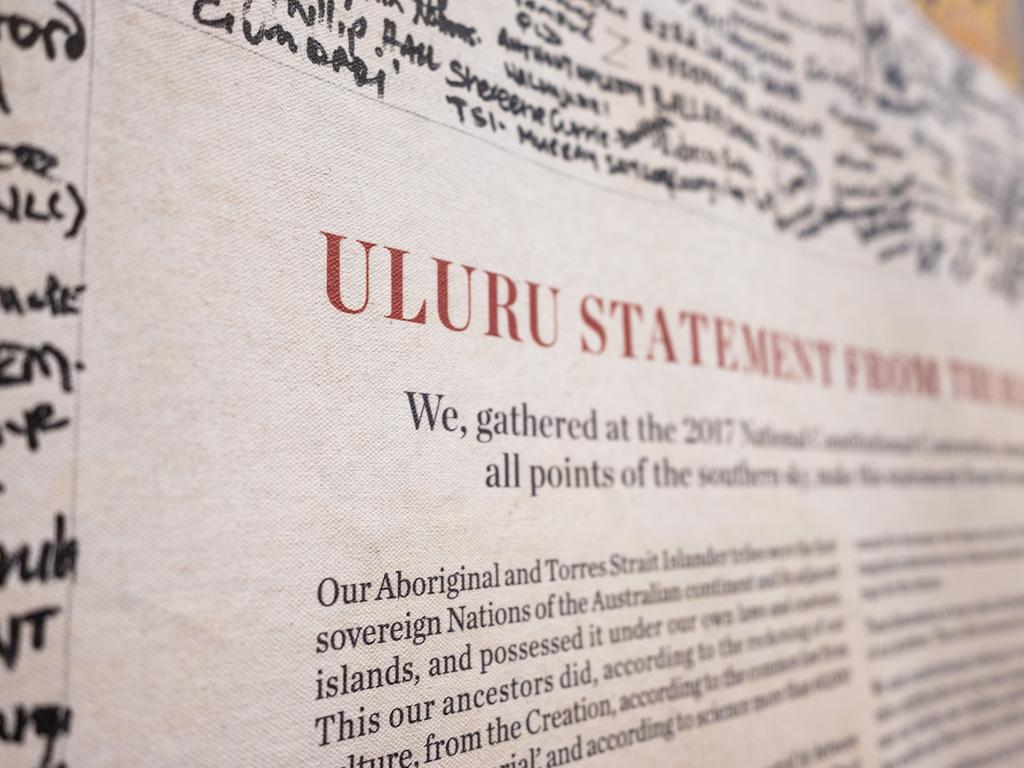
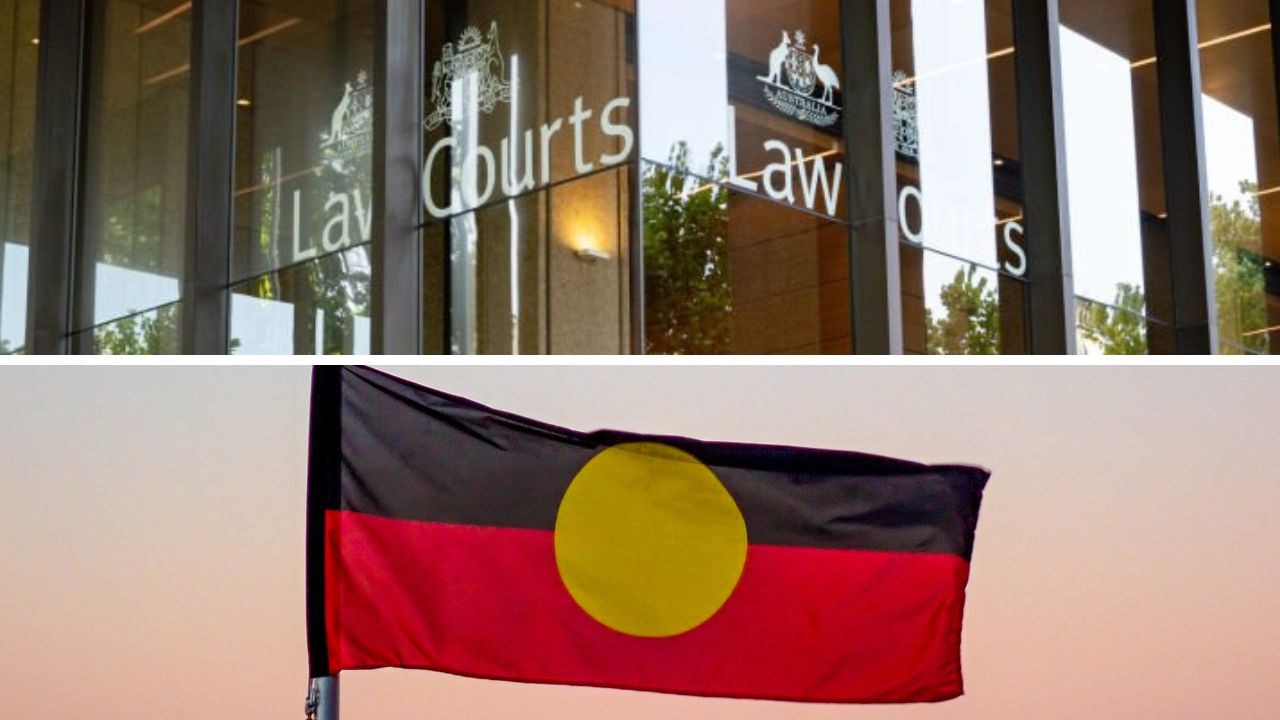
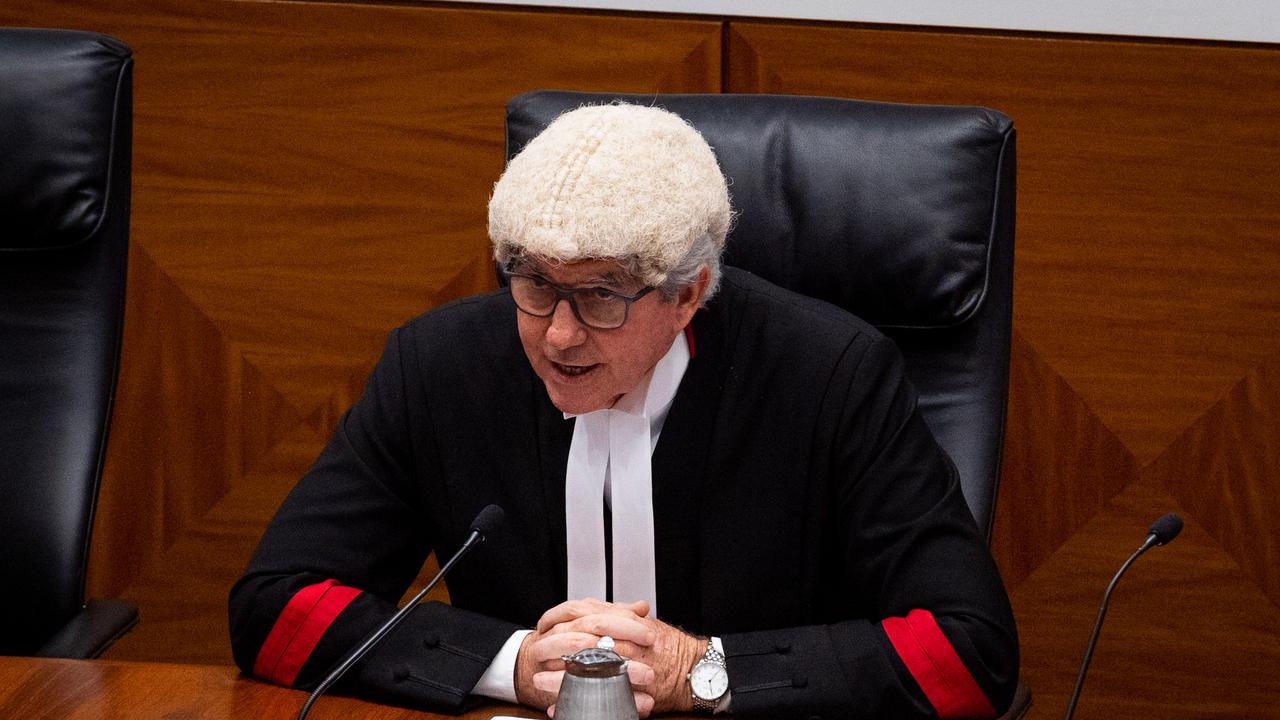
To join the conversation, please log in. Don't have an account? Register
Join the conversation, you are commenting as Logout